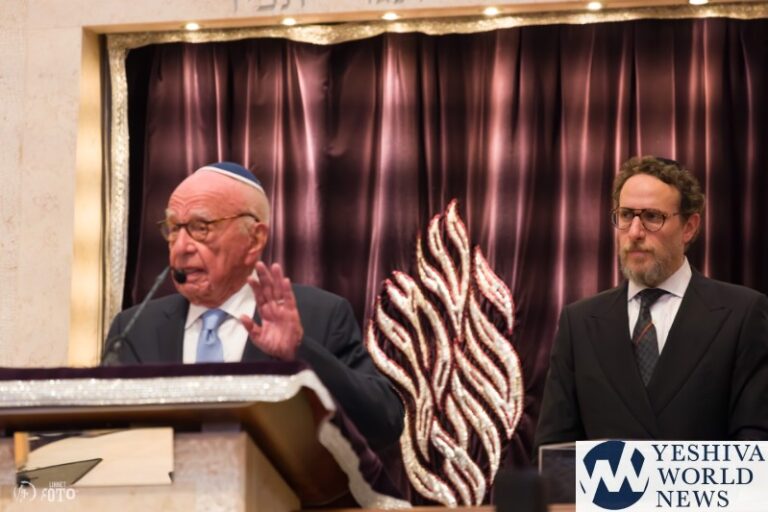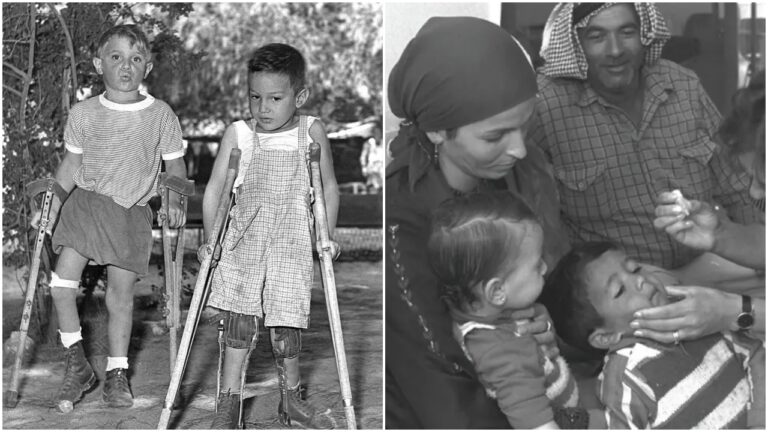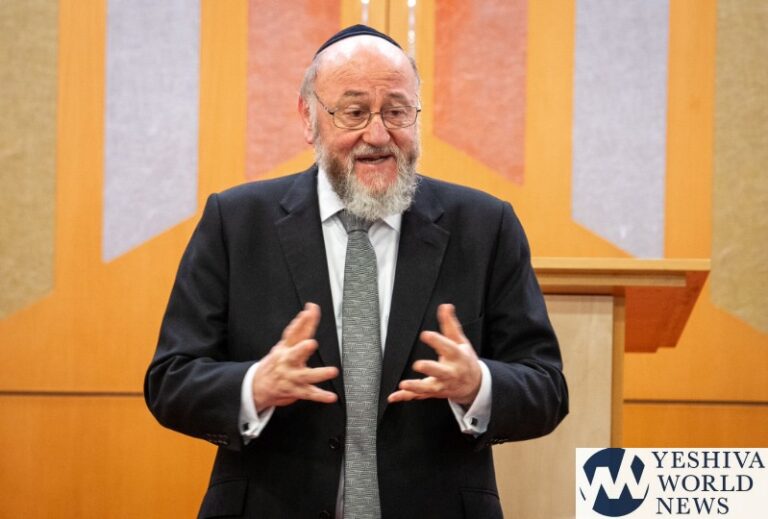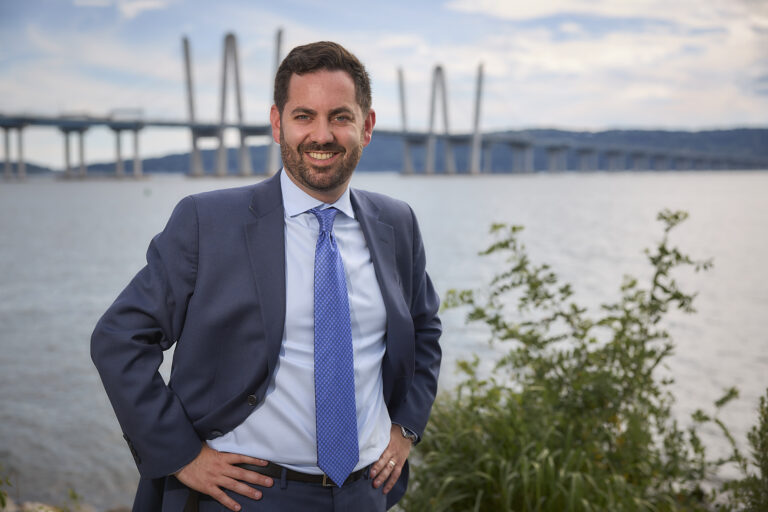Mayor Michael R. Bloomberg today announced that during its first year of operation, the Center for Economic Opportunity (CEO) has already successfully implemented 31 of its 41 proposed new anti-poverty programs aimed at breaking the cycle of intergenerational poverty among New York City’s poorest residents. In the twelve short months since the CEO was established, its work has become a model for other cities seeking to address urban poverty through promising new solutions as outlined in the CEO’s release of its first Strategy and Implementation Report. The Mayor also announced the launch of a new Young Adult Internship Program targeting the disconnected youth population-those who are between the ages of 16 and 24 and are neither enrolled in school nor are part of the workforce. Joining the Mayor were Deputy Mayor for Health and Human Services Linda Gibbs; CEO Executive Director Veronica White; Department of Youth and Community Development (DYCD) Commissioner Jeanne B. Mullgrav; Good Shepherd Services Executive Director Sister Paulette LoMonaco; and LRS Communications’ Marketing Director Manny Burgos.
“Last year I asked the Center for Economic Opportunity to implement an ambitious anti-poverty agenda that would put in place innovative and results-driven programs to reduce poverty and improve the lives of low-income New Yorkers,” said Mayor Bloomberg. “They have worked diligently to take 31 initiatives from conception to reality in a short time. Through these programs, we are providing evidence of what works, and we hope that through these investments we will find the key to break the pattern of poverty that still persists despite all the opportunity our city offers.”
The Center for Economic Opportunity was established by the Mayor in December 2006 and represents a coordinated, citywide strategy for serving low-income New Yorkers. The CEO was tasked with implementing and evaluating new and novel approaches to poverty reduction among the working poor, young adults, and children under age 5. Its overarching goal is to invest in the lives of poor New York City residents by promoting education and employment opportunities that help them to move out of poverty. The initiatives are required to show measurable results according to an independent evaluation, and will serve as a guide for future policy and funding decisions. The pilot projects are being implemented by 20 City agencies and are funded by an annual $150 million public/private commitment.
“Across the country, we invest heavily in safety net services, yet we have not seen a drop in poverty in recent years,” said Deputy Mayor Gibbs. “Our efforts have stalled, and here in New York City’s poorest neighborhoods, we are looking for new ways to drive down the number of people living in poverty. We are going to give more attention to strategies that invest in people, and in doing so give them a chance to break the cycle of poverty. These new initiatives include a range of new strategies that support and incentivize education, training, and work.”
The CEO’s innovative programs include Opportunity NYC, the experimental incentive program which to date has paid out more than $740,000 to over 1,400 families who completed a targeted set of objectives around health, education, and workforce development; a generous Child Care Tax Credit, which will provide relief for as many as 49,000 families; and several programs for at-risk youth, including the recently-announced service learning program, Teen ACTION, which targets the reduction of high-risk behaviors among teens such as substance abuse and pregnancy.
The Mayor also today announced the launch of the Young Adult Internship Program, the CEO’s newest initiative for out-of-school, out-of-work youth. Good Shepherd Services is one of 15 sites throughout the five boroughs implementing the program which will provide paid internships and job training support to an estimated 1,360 young adults each year.
“Disconnected youth don’t only need jobs; they also need support adjusting to the working world,” said DYCD Commissioner Jeanne B. Mullgrav. “The Young Adult Internship Program is a full-service initiative that provides training on workplace etiquette, conflict resolution, and managing information. The program is helping youth who don’t have jobs and are not in school to get their lives on track and eventually break the cycle of poverty.”
The program focuses on a population often dismissed as being difficult to serve – youth between the ages of 16 and 24 who are disengaged from both school and the labor market. More than half of the participants enrolled in the program do not have a high school diploma or a GED. The program helps to prepare them for the labor market through paid internship placements, the majority of which are in the private sector.
Enrollees participate in internships in a range of occupational fields, from television post-production to fashion promotion, to caring for the elderly. The program will also teach participants essential job-readiness skills that will lead to permanent employment and advanced training, a process that will be facilitated by the program’s community partners. In addition to employment and training, the program’s goals also include placing youth into educational settings including GED programs, high school or college.
“LRS Communications and Good Shepherd Services have been working together for almost two years on other programs, and the interns we have worked with have produced invaluable, tangible results to us as a New York City small business,” said LRS Communications’ Marketing Director Manny Burgos. “Perhaps the best benefit of the Young Adult Internship program is that LRS will use it as a testing ground for new staff, and we look forward to working with the young people who will be a part of this new program.”
“Good Shepherd Services is proud to be a part of the City’s anti-poverty initiative,” said Good Shepherd Services Executive Director Sister Paulette LoMonaco. “Re-engaging young people who are out of school and out of work is a critical strategy in breaking the cycle of poverty and its negative outcomes. By helping our youth build employment skills and make positive connections with the community, we are empowering them to take ownership of a self-sufficient future.”
“Leaders across the country and around the world are watching New York City’s anti-poverty work,” said CEO Executive Director Veronica White. “We will spend the next year evaluating what works and what doesn’t. Those initiatives that succeed will serve as a guide for future policies and programming that aim to reduce poverty with the potential of replication in New York and elsewhere.”
The Center for Economic Opportunity was established by Mayor Bloomberg to implement innovative ways to reduce poverty in New York City. The CEO works with City agencies to design and implement evidence-based initiatives aimed at poverty reduction, and manages an Innovation Fund through which it provides City agencies annual funding to implement such initiatives. It will oversee a rigorous evaluation of each program to determine which are successful in demonstrating results towards reducing poverty and increasing self-sufficiency among New Yorkers.
(YWN)










